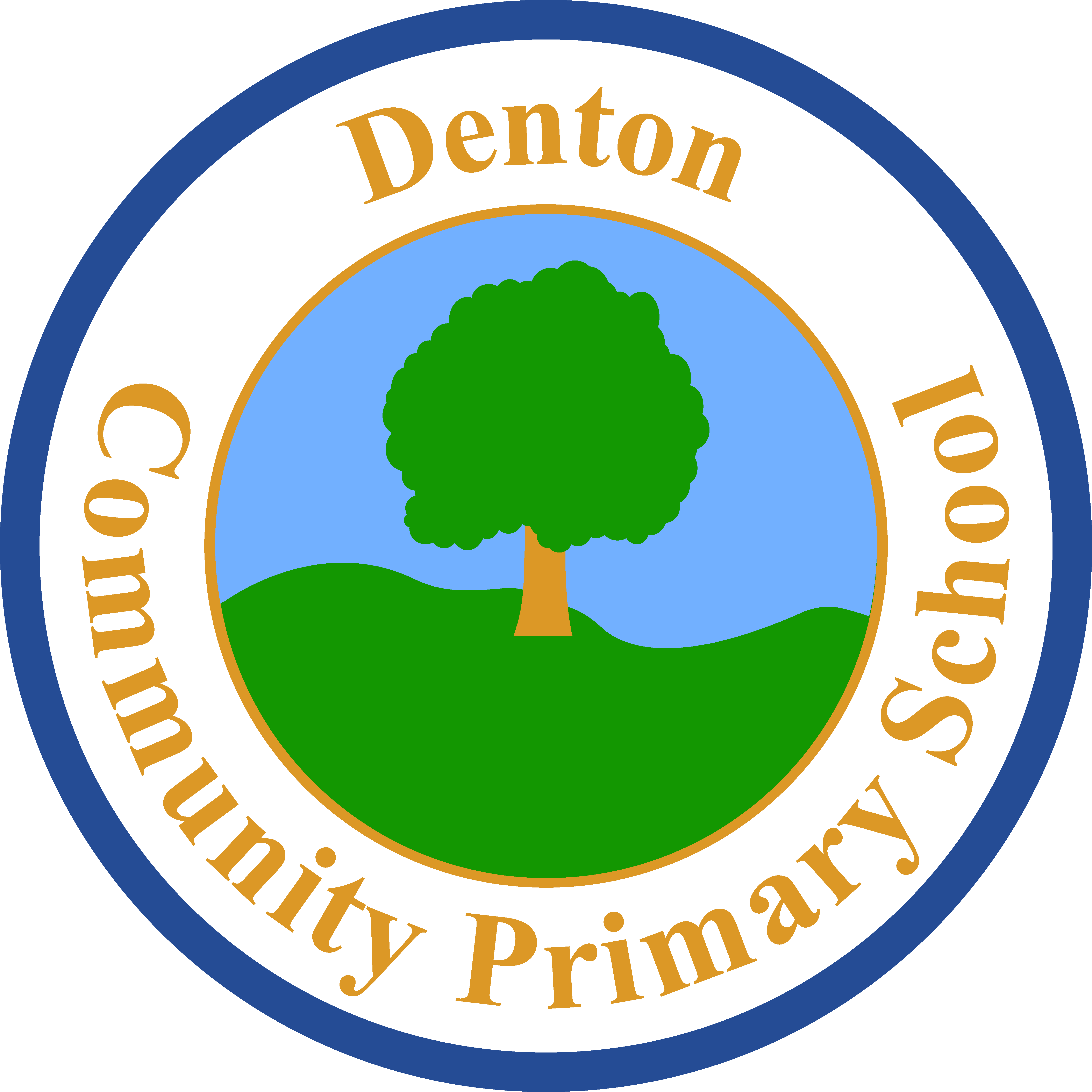Literacy
Literacy skills are essential for attainment in school and for fulfilling potential opportunities throughout life. Our English curriculum includes speaking and listening, reading, writing, spelling, handwriting and drama. We follow the National Curriculum for English. It aims to ensure that all pupils: read easily, fluently and with good understanding; develop the habit of reading widely and often, for both pleasure and information; acquire a wide vocabulary, an undersatnding of grammar and knowledge of linguistic convention for reading, writing and spoken language; appreciate our rich and varied literary heritage; write clearly, accurately and coherently, adapting their language and style for a range of contexts, purposes and audiences; use discussion in order to learn (they should be able to elaborate and explain clearly their understanding and ideas); are competent in the arts of speaking and listening, making formal presentations, demonstrating to others and participating in debate.
Reading and Writing
We aim to provide our children with a clear purpose for all reading and, especially, for writing tasks. Whether it is a persausive letter to the Head Teacher, an e-mail to an author or an article for a local newspaper about saving our crossing patrol, our pupils know why the quality of their writing matters; there will be a real audience for their work. Our classroom environments reflect our commitment to improve reading and writing. Children's work is displayed proudly, and there is a range of learning prompts to inspire and support all pupils. We want to encourage children to discover new texts, genres and authors, so our reading areas are inviting and well-resourced. The quality of the presentation of the work produced matters at Denton CP School; children take pride in improving their handwriting and developing their fluency.
Phonics
In the Early Years and Key Stage One the children are taught phonics every day. Our phonics and spelling activities are fun, multi-sensory and as physical as possible; we want to meet all learning styles. Phonics is a way of teaching children to read quickly and skilfully. Children are taught how to: recognise the sounds that each individual letter makes; identify the sounds that different combinations of letters make-such as 'sh' or 'oo'; blend these sounds together from left to right to make a word. Children use this knowledge to 'de-code' new words that they hear or see. This is the first important step in learning to read. Although some words do not lend themselves to this method of teaching, it has been found that children who have been taught phonics tend to read more accurately than those taught using other methods such as 'look and say'. This includes children who find learning to read difficult-for example, those who have dyslexia. Tricky words are taught in a visual way through repetition. We use the Bug Club Phonics Scheme.
Reading for Pleasure
The curriculum's intention is that children should read widely for pleasure and for meaning. The curriculum stipulates that children should experience a range of literature and non-fiction and non-literary texts, and highlights the pivotal role of schools in ensuring that reading takes place beyond the school gate. We teach to enhance pupils' comprehension skills, and introduce them to a wide range of texts and authors. Our school uses book bags and a reading record, which is a great way for teachers and parents to communicate about what children have read. The reading record can tell you whether your child has enjoyed a particular book and, also, highlight problems or successes he or she has had, either at home or at school. We want all of our children to read every day at home; please support us with this.
Mathematics
Mathematics teaching and learning opens a world of opportunity for our children. Mathematics equips them with a powerful set of tools to understand and live fully in the world. These tools include logical reasoning, problem-solving skills, and the ability to think in abstract ways. At Denton CP School, mathematics is considered to be a creative discipline and can stimulate moments of awe and wonder as a child solves a problem for the first time, discovers a more efficient solution to a problem or suddenly sees hidden connections. We follow the National Curriculum for mathematics to ensure that our pupils become fluent in the fundamentals of mathematics, develop the ability to reason mathematically, are able to solve problems by applying their mathematics to a variety of routine and non-routine problems with increasing sophistication.
Science
Our children take a lively interest in the world around them and we plan ahead to focus this interest towards the learning expectations of the National Curriculum for each age group. Our emphasis is on scientific enquiry and experimentation, which means that we encourage children, from the early years onwards, to investigate through observation, questioning, making predictions, testing, discussing, recording and explaining their own findings. Topics of learning include “ourselves”, animal and plant life, materials and their properties, electricity and magnetism, forces and the Earth. Most topics are introduced in the infant years, and then revisited and extended during the lower KS2 and upper KS2 years.
We believe in the importance of first-hand experience in learning about Science, so we are fortunate in having a beautiful and varied school environment, including our garden and developing wildlife areas. We place a strong emphasis on environmental matters and eco-projects. We promote outdoor learning opportunities.
